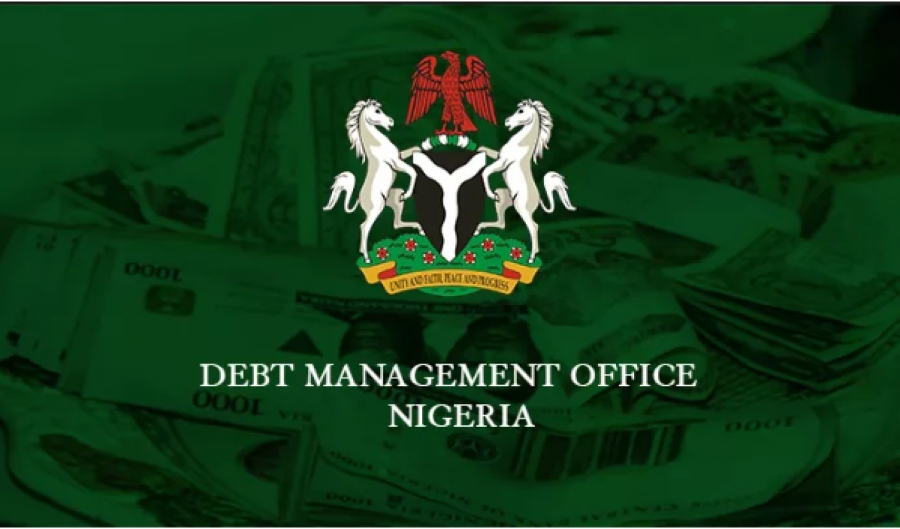Two major groups in Nigeria have identified the sharp increase in capital vote in 2025 budget as a
reflection of the development-centred mindset of President Bola Tinubu’s administration.
The groups
The Tinubu Media Support Group (TMSG) and Tinubu Media Volunteers (TMV) made their observations in the statements issued in Abuja.
TMSG described the recently passed 2025 budget of N54.9 trillion naira with a high capital vote component.
This, according to the group is because the capital expenditure allocation of N23.9 trillion which represents 43.65 per cent of the entire budget is the largest in recent national budget history. It is unprecedented in growth and development trajectory.
In the statement signed by its Chairman Emeka Nwankpa and Secretary Dapo Okubanjo, TMSG noted that the move shows that the Tinubu administration is more keen on spending on development projects that will impact people’s livelihood.
It said: “Signs that Nigeria under a Renewed Hope Agenda had moved into an era where budgetary allocation to capital expenditure will continually ride higher than recurrent were first noticed in the maiden budget of the President Bola Tinubu’s administration with N10 trillion set aside for capital spending in a budget of N28.7 trillion in 2024.
“When compared to the N5 trillion allocated to capital expenditure in the N21 trillion 2023 budget, it represented a big leap at the time.
“But today, Nigerians are witnessing a more radically remarkable improvement not only in the size of the entire budget but also in the allocation to capital projects in an economy eyeing $I trillion in 2030.
“By devoting N23 trillion to capital expenditure in an exceptionally strong budget, the Tinubu administration is showing that it is characteristically development-minded.
This, for us, could be seen in the manner the President devoted about half of the N4.5 trillion added to the original N49.7 trillion budget proposal to critical infrastructure projects under the Renewed Hope Infrastructural Development (RHID) fund (N1.5trillion) and roads/rail projects (N700 billion). This is phenomenal.
“The reduced emphasis on recurrent expenditure shows the changing emphasis from the annual trend of funding bureaucracy to the detriment of people-centric federal spending.
“This, in our view, will lead to increased productivity in line with the projections in Mr. President’s Renewed Hope Agenda.”
The group also harped on other components of the budget that stand out and deserve public appreciation.
“Other highlights of the 2025 budget include the recurrent expenditure standing at N13.64 trillion which is about N10 trillion less than capital expenditure, N14 trillion set aside for debt servicing and an additional N700 billion to fund aspects of the country’s health sector support that would be affected by the decision of the US government to cut aids to Africa and other developing countries.
“In addition to this is the low fiscal deficit (1.52% of GDP) which is a reflection of the improving fiscal situation as a result of the ongoing reforms of the administration.
“All of these are pointers to the determination of the Tinubu administration to ensure an upward trajectory of the economy in a way that will translate to better livelihood for Nigerians,” it added.
TMSG also expressed hope that the implementation agencies would do a good job of ensuring that Nigerians feel the effects of the budget once it is signed into law.
The Tinubu Media Volunteers described the allocation of N23. 963 trillion amounting to over 40% of the total budget as capital expenditure in the 2025 budget as a game changer in President Tinubu’s efforts to develop the country.
In a statement signed by its Chairman Chukwudi Enekwechi and Secretary Shedrach Sunday, TMV was emphatic that it would accelerate infrastructural development.
It said this is the first time we are having 40% of the national budget allocated to the capital sector, as recurrent expenditure is known to take the lion’s share of previous budgets.
“We also acknowledge that the huge capital allocation stemmed from President Bola Tinubu’s determination to make Nigeria work for businesses and the people, rather than channelling such resources to the bureaucracy in the form of recurrent expenditure.
“The truth is that the huge allocation to the capital sector will lead to a productive economy that will create jobs, and stimulate the national economy.
“We believe that with the reduced emphasis on recurrent expenditure, which is consumptive in favour of people-centric federal spending, the trend will spiral to the budgets of the sub-nationals thereby leading to significant improvement in the country’s Gross Domestic Product (GDP).
“We therefore call on the ministries, departments and agencies responsible for budget implementation to live up to their duties once the President signs the bill into law.”
TMV explained that this will ensure a speedy delivery of dividends of democracy under the Renewed Hope Agenda of the President Tinubu administration.
End














